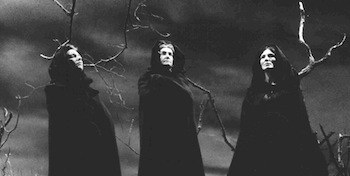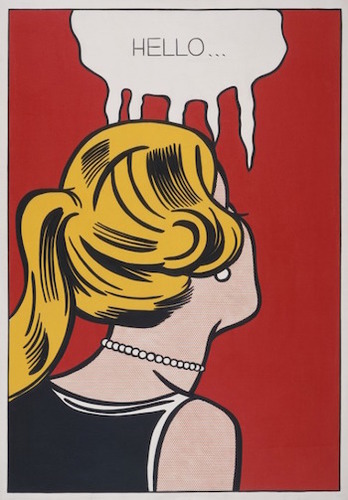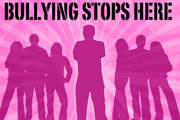Slang is funny, playful, spontaneous, and, more than that, indicates the ever-changing nature of the English language. Different slang or informal words can indicate what country or neighborhood a person is from, what their upbringing may have been like, and/or what their their interests are. Most of us use slang every day, but have you ever thought about the origins of some of the most popular slang words?
Cool
Who knows what this ambiguous word really means? As early as the 6th century, it appeared in various spellings (col, coul, koole) referencing temperature and weather, but it wasn't until the 1920s that it began to gain the elusive meaning that it has today. The word really took off during the 1940s jazz scene, where it was fully cemented as one of the most commonly used slang words in North America. In its current incarnation, the word typically means something like "hip," "popular," or "stylish." However, everyone uses it in a different way, to mean a different thing. Don't get too worried and caught up in the study of cool. Ultimately, nothing can be "cooler" than being yourself.
 The word cool came into popularity during the 1940s jazz era!Courtesy of AP
The word cool came into popularity during the 1940s jazz era!Courtesy of AP
Weird
This word has a long and varied history. Originally used (spelled wyrd) in Old English, dating perhaps from as early as the 5th century, the word referred to fate or destiny. It disappeared from use during the 15th century, but was appropriated by [kwlink 3891]Shakespeare[/kwlink] in the early 17th century when he wrote his famous play "Macbeth." There it described the three witch characters, who were called the "Weird Sisters," and the meaning changed slightly to indicate something eerie or supernatural. Slang wise, the word has come to be used frequently as a type of insult, which the meaning doesn't suggest as appropriate. I personally like to think of weird as meaning something closer to "unique."
 Shakespeare's supernatural three witches were called the "Weird Sisters"Courtesy of imgbuddy
Shakespeare's supernatural three witches were called the "Weird Sisters"Courtesy of imgbuddy
Cold Shoulder
When we say someone is giving us the cold shoulder, we typically mean that they are being unfriendly or are ignoring us. Apparently, this phrase dates back to the Middle Ages in England, when houseguests who overstayed their welcome were passive aggressively served literally cold pieces of meat for their daily meals in order to encourage them to leave. Neither meaning is particularly kind!
 Don't give your friends the cold shoulder!Courtesy of Roy Lichtenstein
Don't give your friends the cold shoulder!Courtesy of Roy Lichtenstein
The above are some popular and commonly used slang words and phrases, but as you well know there are hundreds more that we use regularly, and more are popping up every day. You might find it entertaining to look them up and learn about them, and maybe you'll even find some words that you didn't know or that you'd like to introduce into your regular speech!
Have Your Say!
What is your favorite slang word and what does it mean?

































